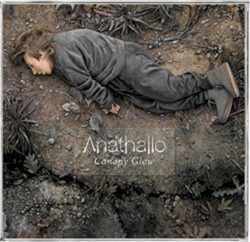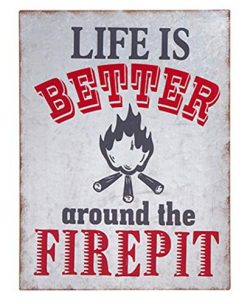The Cosmopolitan Canopy: Race and Civility in Everyday Life
An acclaimed sociologist illuminates the public life of an American city, offering a major reinterpretation of the racial dynamics in America.
Elijah Anderson, called “one of our best urban ethnographers” by the New York Times Book Review, introduces the concept of the “cosmopolitan canopy”: the urban islands of civility amid segregated ghettos, suburbs, and ethnic enclaves.



























Very Well Executed Ethnography Anderson addresses many of the issues that have plagued me as a city dweller pretty much all my life. How do we know whom to trust on the street? How can we tell who is safe and who isn’t? How can we conduct ourselves to avoid giving offense? A lot of the criteria we use for these snap judgments can be called into question by carefully dissecting social interactions in a way that does not shame anyone for having basic fears or biases. Anderson brings a sociologist’s powers of observation…
A lot of smart people don’t know much about ethnography – what it is, why it’s conducted, or what it could be useful for. Cosmopolitan Canopy is a great example of how ethnography can be useful.Anderson explores how physical space, behavior, and race intermingle in open spaces in central Philadelphia – an indoor market, a mall, and a park. He argues that some urban spaces create a ‘cosmopolitan canopy’ where people can (safely) act certain kinds of behaviors, focusing in…